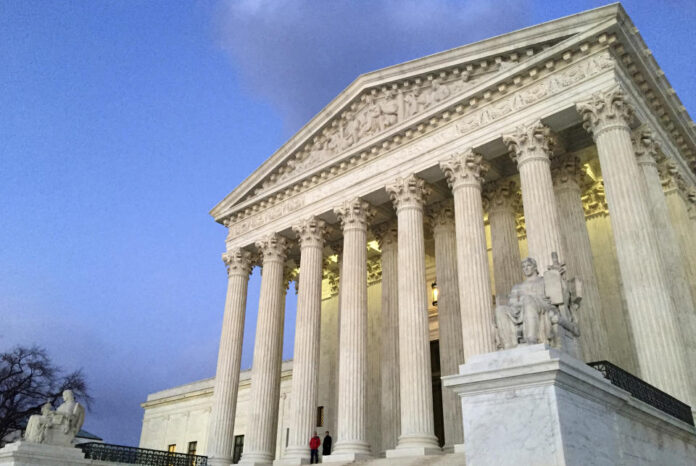In a landmark decision, the U.S. Supreme Court has shut the door on a lawsuit brought by Holocaust survivors against Hungary, ruling that the historical mingling of expropriated assets does not override the country’s sovereign immunity. The ruling, issued unanimously on Friday, overturns a lower court’s green light for the case, dealing a significant blow to survivors seeking restitution for property seized during World War II.
Tracing Stolen Wealth: A Legal Impossibility?
Authored by Justice Sonia Sotomayor, the high court’s opinion rejects the plaintiffs’ argument that Hungary’s long-standing commingling of stolen Jewish property with national assets was enough to invoke the Foreign Sovereign Immunities Act (FSIA) and establish jurisdiction in U.S. courts.
The ruling argues that to pierce sovereign immunity, the plaintiffs must show that the proceeds from seized assets were specifically used for a commercial purpose in the U.S.—a standard the justices found was not met.
A Fight for Justice That Spanned Decades
The case centers on the mass expropriation of Jewish-owned property by the Hungarian government during the Holocaust. Survivors, including lead plaintiff Rosalie Simon, sought justice by invoking the FSIA’s expropriation exception, which allows cases to proceed if “property or any property exchanged for such property” has a commercial connection to the United States.
However, the court ruled that allowing a claim based solely on decades-old financial intermingling would be a legal overreach. The justices, who previously vacated a lower court’s decision in a related case in 2021, were once again skeptical of the D.C. Circuit’s reasoning that Hungary’s sovereign immunity could be overridden.



